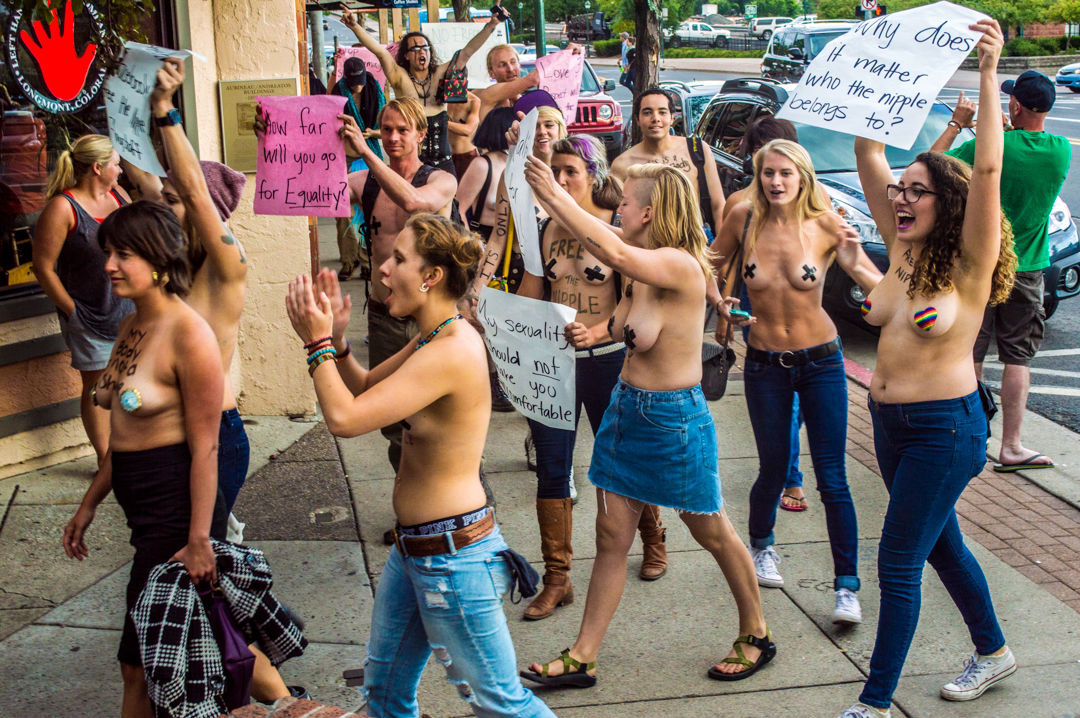A United States federal court has ruled that females can expose their breasts in public because there is no difference between male and female breasts.
This legal development comes in an era when morality and ethics have become a highly contested issue among academics, governments and society as a whole with some people being of the opinion that a person should be granted an unlimited right, including allowing nudity in public places.
In the United States though, some municipalities have their own laws on how people should cover their bodies in public. Although there has been rising pressure from activists to get rid of these laws, town and city officials are determined to protect them.
The Municipality of Fort Collins in the state of Colorado passed an ordinance (No. 134) in November 2015, banning girls and women older than nine from exposing their breasts in public unless they were breastfeeding. A law which was challenged in court six months later by the activist group Free the Nipple.
Free the Nipple is a movement that started from a 2012 film of the same name. The group staged protests throughout the city in the past, gathering topless in public spots.
The gender equality group argued that the ordinance was restrictive and discriminatory against women in the city.
The group explained that if the law was fair, it should have banned both genders from exposing their breasts in public. But city officials countered this by saying the law did not discriminate because male and female breasts are different.
When the facts of the case were presented before the court, District Judge R. Brooke Jackson granted a preliminary injunction on the ordinance in question.
Jackson ruled that the law is discriminatory against women, as well as perpetuating stereotypes that sexualized female breasts.
The court stated that the primary difference between male and female breasts is the ability to breastfeed. Although the court noted the physical differences between the two, it stipulated that it was not enough to warrant different treatment from the government.
“I find that the ordinance discriminates against women based on the generalized notion that, regardless of a woman’s intent, the exposure of her breasts in public (or even in her private home if viewable by the public) is necessarily a sexualized act. Thus, it perpetuates a stereotype engrained in our society that female breasts are primarily objects of sexual desire whereas male breasts are not,” Jackson wrote in his ruling.
Although this is not the final ruling of the case, Jackson wrote that he granted the injunction in part because he believes he will ultimately find that the ordinance passed by the city violated the Equal Protection Clause.
He stated: “The Equal Protection Clause of the Fourteenth Amendment bars state governmental entities from discriminating between the sexes unless they have an ‘exceedingly persuasive justification’ for doing so. In this case, Fort Collins has on the books an ordinance that on its face discriminates against women.”
City attorney, Carrie Daggett said in a statement after the ruling that the city will review the judge’s decision and consider the next steps. It now looks as though the city is reluctant to give up on the case.

